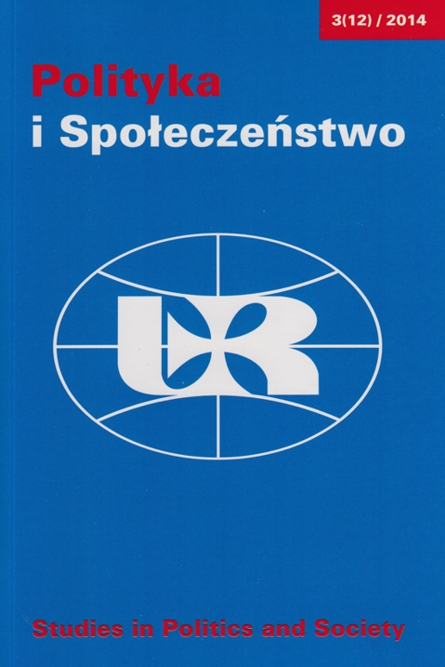New parties in party system – specificity of Poland
Keywords:
new parties, genuinely new parties, party system, Polish party systemAbstract
During the quarter-century of democracy in Poland, most of the parliamentary parties had a post-communist or post-Solidarity origin. Only three formations without links to the two sides of the Round Table agreement – League of Polish Families (LPR), Self-Defence (Samoobrona) and Palikot’s Movement (Ruch Palikota, now: Your Move) – have achieved political relevance. The analysis of their road to parliament helps to capture the specificity of the success of genuinely new parties in Poland. The factors that affect high electoral support for the aforementioned three parties were: advantageous configuration in Polish party system, strong leadership and articulation of new issues or neglected demands (exploitation of new community division and filling an ideological niche). The fate of LPR and Samoobrona confirms that the last factor seems to be crucial for the success of genuinely new party.Downloads
Published
2021-04-21
How to Cite
Marmola, M. (2021). New parties in party system – specificity of Poland. Studies in Politics and Society, 12(3), 83–92. Retrieved from https://journals.ur.edu.pl/polispol/article/view/1734
Issue
Section
Articles
License

This work is licensed under a Creative Commons Attribution-ShareAlike 4.0 International License.


